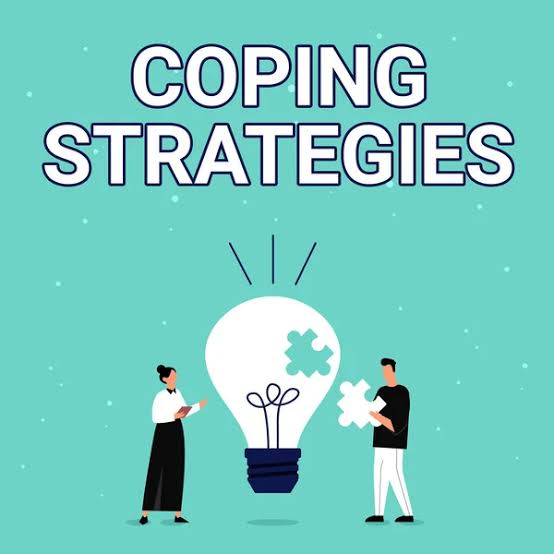
Life is full of challenges, unexpected twists and turns that can leave us feeling overwhelmed and lost. In the face of adversity, having effective coping mechanisms can be instrumental in maintaining inner peace and emotional stability. Coping mechanisms are the strategies and behaviors we use to deal with stress, anxiety, and difficult situations. While some coping mechanisms may be unhealthy or temporary fixes, it is crucial to identify and cultivate those that promote long-term resilience and well-being.
Finding the right coping mechanisms begins with self-awareness and introspection. Take the time to reflect on your own responses to stress and adversity. What are your natural inclinations when faced with difficult situations? Do you tend to avoid or confront challenges head-on? Understanding your habitual patterns can provide insights into the coping mechanisms that work best for you.

One of the most powerful coping mechanisms is mindfulness. Mindfulness involves being present in the moment, observing your thoughts and feelings without judgment. By practicing mindfulness, you can cultivate a sense of calm and clarity that can help you navigate through challenging times with greater ease. Techniques such as deep breathing, meditation, and body scans can all help you develop your mindfulness skills.

Another effective coping mechanism is building a strong support network. Surrounding yourself with friends, family, or a community of like-minded individuals can provide a sense of belonging and comfort during tough times. Connecting with others can help you gain perspective, share experiences, and receive emotional support when you need it most. Don’t be afraid to reach out and lean on your support system when you are struggling.
Physical activity is also a powerful coping mechanism for managing stress and anxiety. Exercise releases endorphins, which are natural mood-boosting chemicals that can help alleviate negative emotions and improve overall well-being. Whether it’s going for a run, practicing yoga, or taking a dance class, finding a form of physical activity that you enjoy can be a great way to cope with life’s challenges.

Creative expression is another valuable coping mechanism that can help you process emotions and express yourself in a healthy way. Whether it’s writing in a journal, painting, playing music, or engaging in any other form of creative outlet, channeling your emotions into art can be cathartic and empowering. Creativity can provide a sense of purpose and fulfillment that can lift your spirits during difficult times.

In addition to cultivating positive coping mechanisms, it is important to recognize and let go of unhealthy coping strategies. Destructive behaviors such as excessive drinking, drug use, or avoidance tactics may provide temporary relief but can ultimately exacerbate stress and undermine your well-being in the long run. Instead, focus on developing healthy coping mechanisms that nurture your resilience and promote your overall mental and emotional health.
In conclusion, finding and applying effective coping mechanisms is essential for navigating life’s challenges with grace and resilience. By cultivating mindfulness, building a strong support network, engaging in physical activity, and expressing yourself creatively, you can develop a toolkit of coping strategies that empower you to thrive in the face of adversity. Remember, it’s okay to seek help and support when needed, and to prioritize self-care and well-being in your journey towards emotional strength and balance.
Coach Titilola Aboyade-Cole








